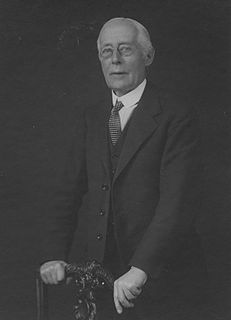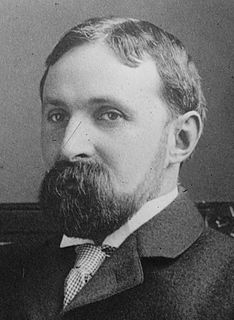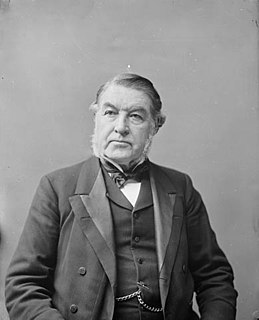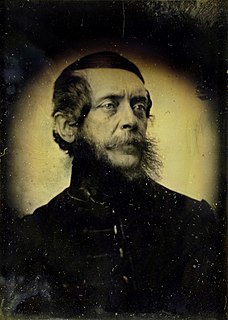A Quote by Edward Jenks
It was natural that the direct wielders of the royal prerogative, men who sat in the Star Chamber and the Privy Council, who knew the secrets of the State and the necessity for prompt action, should despise the merely declaratory character of a good deal of Common Law process. To them we doubtless owe those four great pillars of Chancery jurisdiction, the injunction, the decree, the sequestration, and the commission of rebellion.
Related Quotes
The invention of writs was really the making of the English Common Law; and the credit of this momentous achievement, which took place chiefly between 1150 and 1250, must be shared between the officials of the royal Chancery, who framed new forms, and the royal judges, who either allowed them or quashed them.
My objective is that before the end of the millennium Europe should have a true federation. The Commission should become a political executive which can define essential common interests... responsible before the European Parliament and before the nation-states represented how you will, by the European Council or by a second chamber of national parliaments.
Men and women ... do you not realize that the State is the worst enemy you have? It is a machine that crushes you in order to sustain the ruling class, your masters. Like naïve children you put your trust in your political leaders. You make it possible for them to creep into your confidence, only to have them betray you to the first bidder. But even where there is no direct betrayal, the labour politicians make common cause with your enemies to keep you in leash, to prevent your direct action. The State is the pillar of capitalism, and it is ridiculous to expect any redress from it.
A strict observance of the written laws is doubtless one of the highest virtues of a good citizen, but it is not the highest. The laws of necessity, of self-preservation, of saving our country when in danger, are of higher obligation. To lose our country by a scrupulous adherence to written law would be to lose the law itself, with life, liberty, property and all those who are enjoying them with us; thus absurdly sacrificing the end to the means.
I'm the first secretary of defense that's had to deal with sequestration. I've prepared two budgets that deal with sequestration. And you bring the chiefs together, the leadership of this enterprise together, to work through, how do we then take these cuts? Where do we apply those cuts? Readiness is the first thing that suffers.
It is natural to admire and revere really great men. They hallow the nation to which they belong, and lift up not only all who live in their time, but those who live after them. Their great example becomes the common heritage of their race; and their great deeds and great thoughts are the most glorious legacies of mankind.
I am delighted to be here in these new [Council on Foreign Relations] headquarters. I have been often to, I guess, the mother ship in New York City, but it's good to have an outpost of the Council right here down the street from the State Department. We get a lot of advice from the Council, so this will mean I won't have as far to go to be told what we should be doing and how we should think about the future.
There are three distinct kind of judges upon all new authors or productions; the first are those who know no rules, but pronounce entirely from their natural taste and feelings; the second are those who know and judge by rules; and the third are those who know, but are above the rules. These last are those you should wish to satisfy. Next to them rate the natural judges; but ever despise those opinions that are formed by the rules.
There is a sort of natural instinct of human dignity in the heart of man which steels his very nerves not to bend beneath the heavy blows of a great adversity. The palm-tree grows best beneath a ponderous weight, even so the character of man. There is no merit in it, it is a law of psychology. The petty pangs of small daily cares have often bent the character of men, but great misfortunes seldom. There is less danger in this than in great good luck.




































